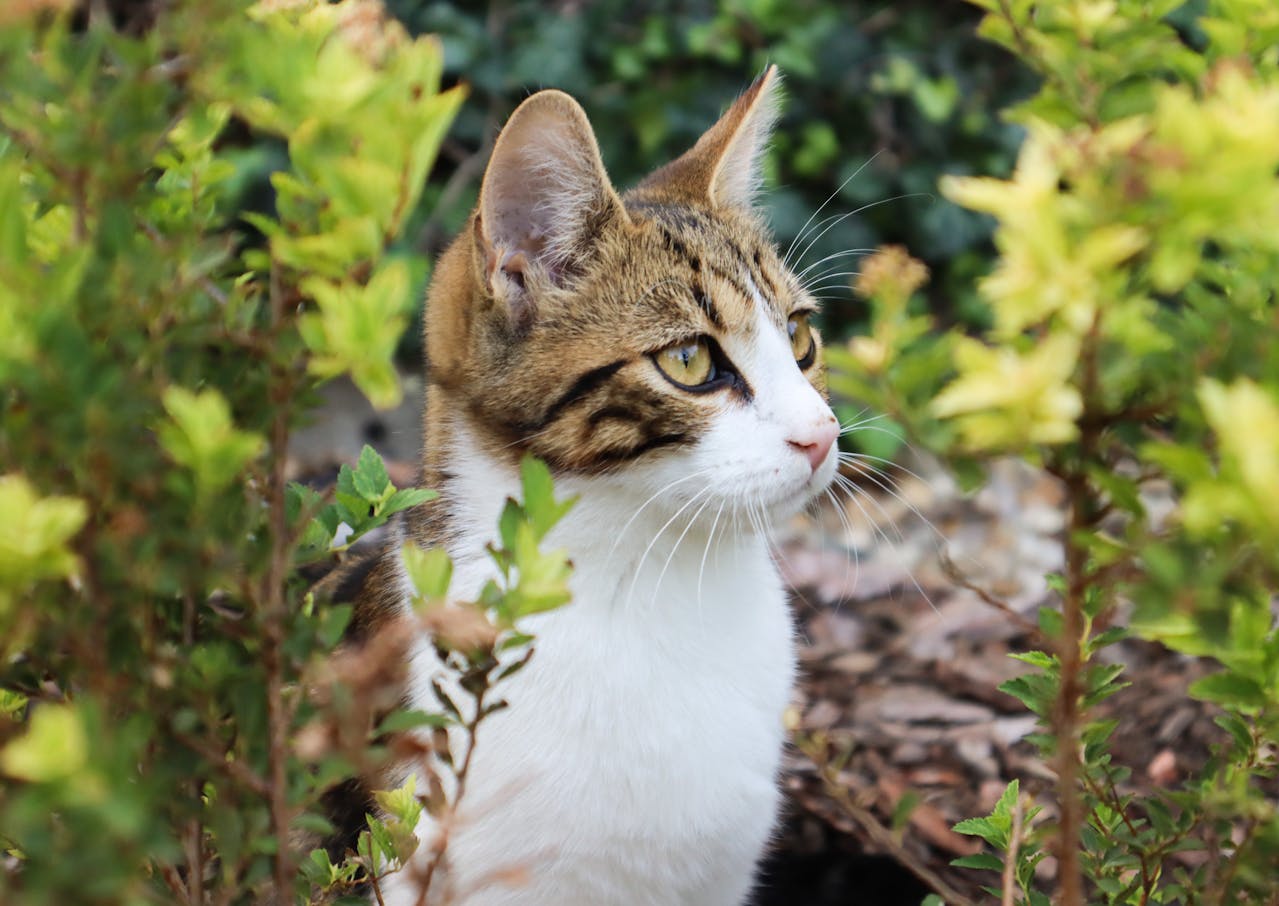
29 Mar Why Is My Cat Grinding Their Teeth?
As a cat owner, you’re accustomed to your feline companion’s unique behaviors, but hearing your cat grind their teeth can raise concerns. However, understanding why cats grind their teeth is crucial for addressing any underlying issues and ensuring your cat’s well-being. In this comprehensive guide, we’ll delve into the reasons behind cat teeth grinding, what you can do about it, and how to promote good oral health in your furry friend.
Dental Issues
One of the primary reasons for cat teeth grinding is dental problems. Just like humans, cats can suffer from tooth decay, gum disease, or misaligned teeth, leading to discomfort or pain when chewing. Grinding their teeth may be a coping mechanism to alleviate this discomfort.
Stress or Anxiety
Stressful situations or anxiety can manifest in various ways in cats, including teeth grinding. Changes in their environment, such as moving to a new home or the introduction of a new pet, can trigger stress and lead to teeth grinding as a response.
Pain or Discomfort
Aside from dental issues, cats may grind their teeth due to other sources of pain or discomfort. This could include injuries, arthritis, or internal medical conditions. Teeth grinding may serve as a signal that your cat requires veterinary attention.
Nutritional Deficiencies
In some cases, cats may grind their teeth due to nutritional deficiencies. Lack of essential vitamins or minerals in their diet can impact their oral health and contribute to teeth grinding. Ensuring a balanced and nutritious diet is crucial for their overall well-being.
Behavioral Issues
Rarely, teeth grinding in cats can stem from behavioral issues such as compulsive behavior or boredom. Understanding your cat’s behavior and providing adequate mental and physical stimulation can help address these issues.
What You Can Do to Prevent Cat Teeth Grinding
- Veterinary Examination: If you notice your cat grinding their teeth, schedule a veterinary examination promptly. Your vet can conduct a thorough assessment to identify the underlying cause and recommend appropriate treatment.
- Dental Care: Maintain good dental hygiene by scheduling regular dental check-ups and cleanings for your cat. Additionally, provide dental treats or toys to promote oral health and reduce teeth grinding.
- Stress Management: Identify and address sources of stress or anxiety in your cat’s environment to minimize teeth grinding. Providing a calm and predictable environment with plenty of enrichment activities can help alleviate stress.
- Nutritional Evaluation: Ensure your cat receives a balanced and nutritious diet to prevent nutritional deficiencies that could contribute to teeth grinding. Consult with your vet to determine if any dietary changes or supplements are necessary.
Veterinary Dentist in Mount Pleasant
Cat teeth grinding can indicate underlying dental issues, pain, stress, or nutritional deficiencies. It’s essential for cat owners to monitor their pet’s behavior closely and seek veterinary attention if teeth grinding is observed. By addressing the underlying cause and providing appropriate care, you can help ensure your cat maintains good oral health and overall well-being.
Photo by Fanni Farkas from Pexels




